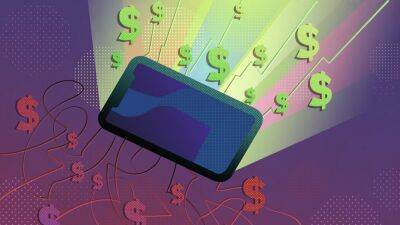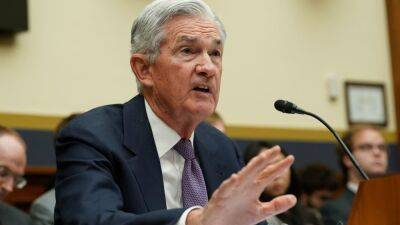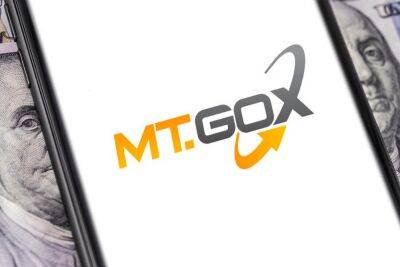Sweden is ditching cash. Just wait for the fallout
Bjorn Ulvaeus, one-quarter of Swedish pop group ABBA, became a standard-bearer for a world without cash after his son got burgled. Ditching coins and banknotes would hurt criminals and tax-dodgers while helping businesses and government budgets, he reckoned. “Sweden would be the ideal country to make cashless,” he told Bloomberg in 2014. “I think that should be the future.”
Nearly a decade later, he’s almost got his wish. A minority of Swedes said in a survey they’d used cash in the previous 30 days, while a whopping 95 percent of 15- to 65-year-olds has downloaded mobile payment app Swish, owned by lenders including Danske Bank A/S and Swedbank AB. Phone tapping and card swiping dominate shopping, donations for the homeless and church collections. Cash transactions declined to 8 percent of business payments at the end of 2022 from 18 percent five years earlier, estimates Jonas Hedman of the Copenhagen Business School. With such low volumes, it’s effectively unprofitable to handle cash.
Sweden’s an extreme case: It’s a small, tech-savvy economy. But the direction of travel is the same everywhere, accelerated by a pandemic that saw QR codes replace restaurant menus and spending online rise — even in Sweden, where lockdowns were less strict. Given central banks everywhere are mulling their own digital currencies to offset the risks of cashlessness, there are lessons for us all.
Consumers and businesses also seem to like the new state of affairs — especially those startups taking a cut. It’s become easier to spend more, maybe too much as Gen-Z shoppers fall prey to buy-now-pay-later loans. Still, to the relief of regulators, volatile cryptocurrencies have completely failed to catch on in Sweden — thus far.
Risks have emerged,
Read more on moneycontrol.com



 moneycontrol.com
moneycontrol.com
















